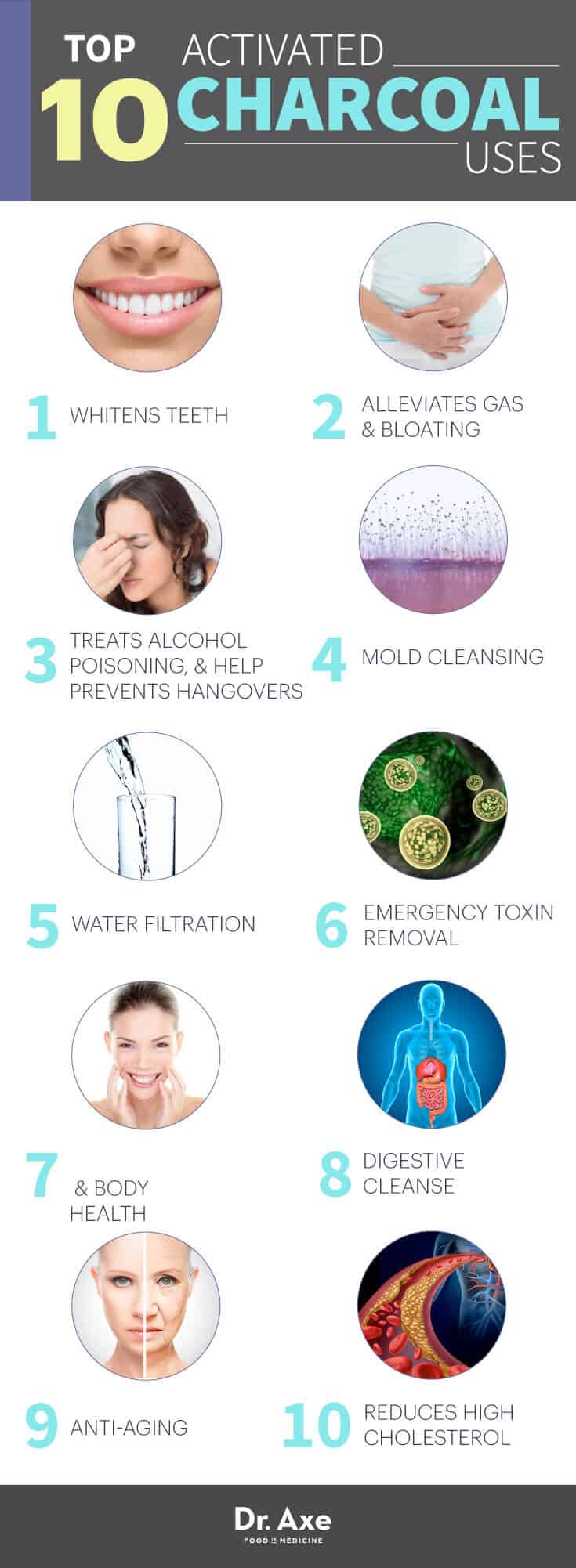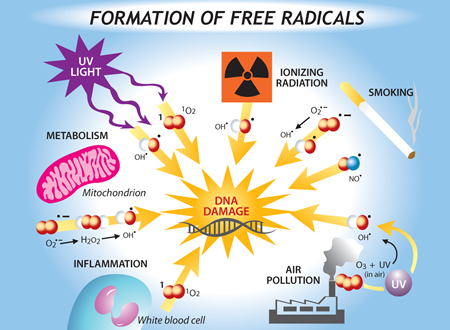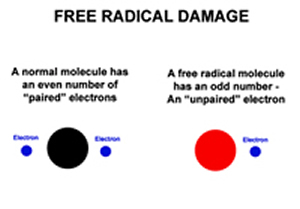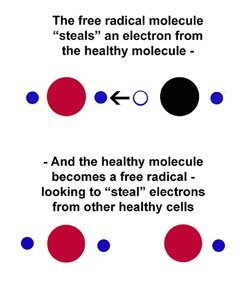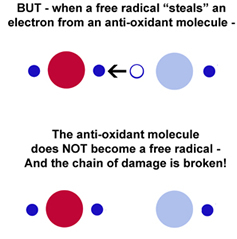Oxygen
Of all the essential nutrients needed by the human, oxygen is the one we must have on a moment to moment basis. We can’t live without it even for a few minutes, yet, this is the one nutrient most people don’t associate with deficiency problems. Nothing could be further from the truth.
One problem is that oxygen concentrations in and around major cities have been measured as much as 30% below normal. That means that each breath brings in less oxygen. As if this weren’t bad enough, most people have developed poor breathing habits, thus further restricting oxygen intake. The resulting oxygen deficiency is having a negative effect on our health and our overall performance. Oxygen deprivation can be associated with all kinds of chronic diseases, including cancer.

